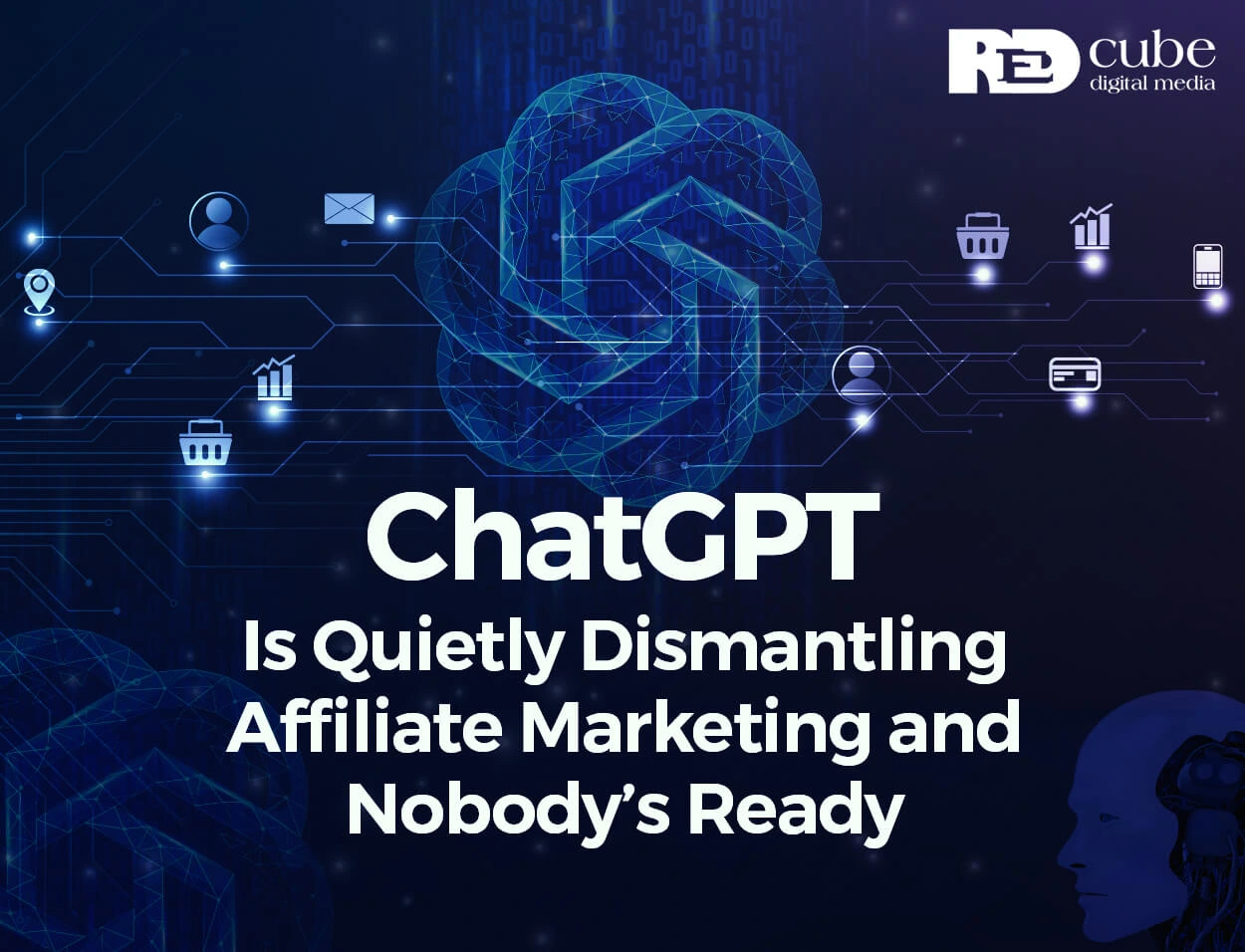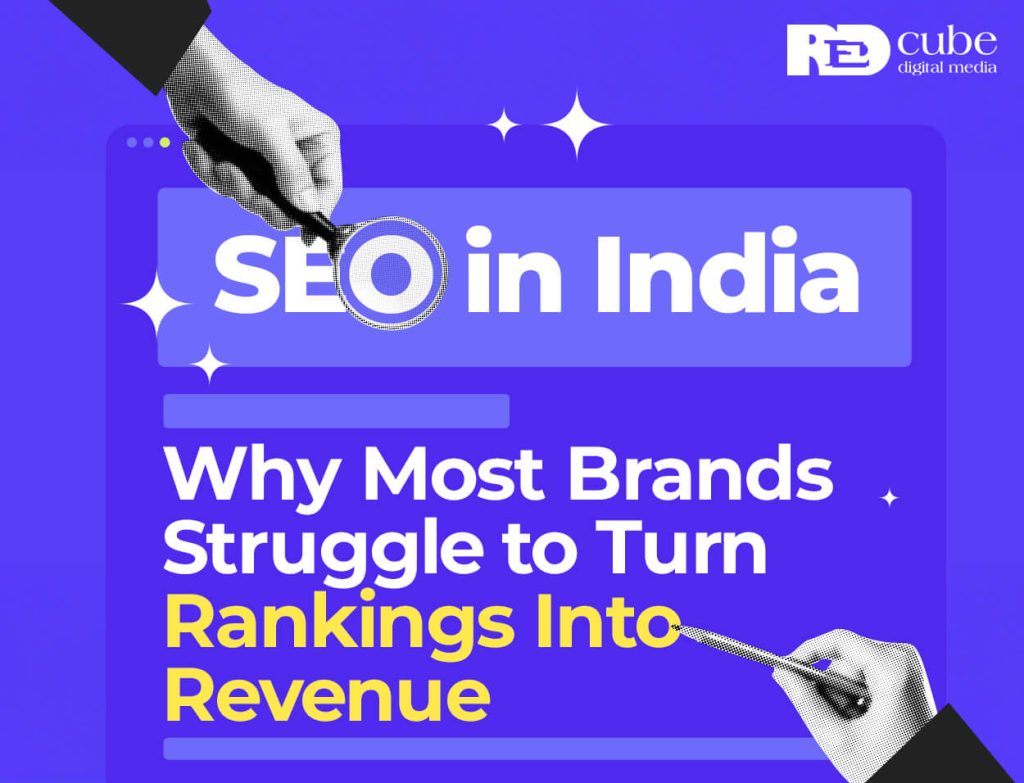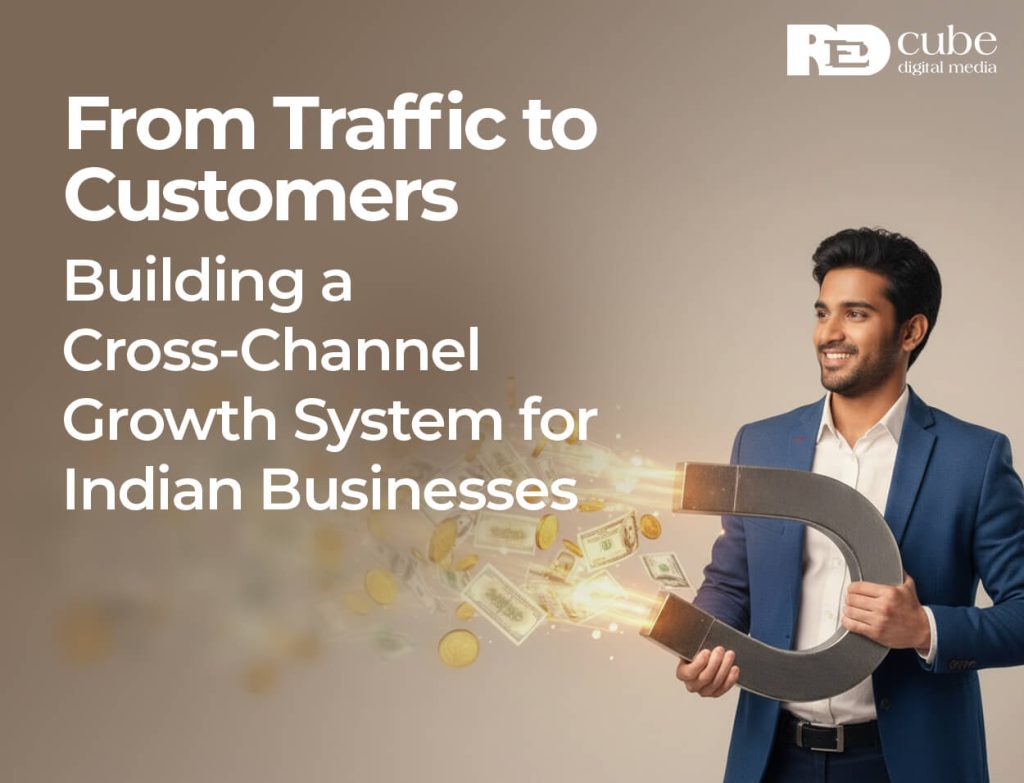Something huge is happening, and most creators, marketers, and publishers haven’t seen it coming.
It’s silent.
It’s fast.
And it’s going to change how people shop, sell, and scale online.
ChatGPT is no longer just a tool for answering questions. It’s evolving into a transactional platform, one where product discovery, research, and checkout all happen inside the same conversation.
No clicks.
No blogs.
No affiliate links.
No Google.
Just ask → get recommendations → buy → done.
This isn’t just a new shopping feature.
It’s the beginning of zero-click commerce.
What happens to creators who rely on affiliate commissions?
Can brands still influence product discovery when AI is the gatekeeper?
Will ads be replaced or just reshaped?
Let’s break down why ChatGPT + commerce is about to flip the affiliate ecosystem on its head and what the future of online buying really looks like.
ChatGPT x Shopify: The Integration That Changes Everything
OpenAI is reportedly teaming up with Shopify to bring native shopping directly into ChatGPT. That means you’ll soon be able to:
– Ask for product recommendations
– Compare features and prices.
– Read reviews.
– And most importantly, buy right there in chat
No pop-ups. No redirection. No middle steps.
This turns ChatGPT into something much bigger than a chatbot. It becomes an AI-powered sales assistant that doesn’t just answer your question but completes the purchase for you.
The Shift: From Information to Transaction
Let’s say you’re shopping for a portable blender for your daily smoothies.
You ask ChatGPT,
“What’s the best portable blender for under ₹3,000?”
ChatGPT gives you three solid options:
– Brand A: Affordable, great for soft fruits
– Brand B: Best battery life
– Brand C: Most powerful motor for ice crushing
You follow up:
“Which one is easiest to clean and has a spill-proof lid?”
ChatGPT responds. You’ve made your decision. And now, instead of opening Google or Amazon to search for it, there’s a simple “Buy Now” button—right there in the chat window.
One tap. Transaction complete.
From a user experience point of view, this is flawless. But from a business perspective? It breaks the entire system that online commerce has been built on for the past 20 years.
Why Affiliate Marketing Is at Risk
The traditional affiliate model is straightforward:
1. A content creator writes a blog, makes a YouTube video, or posts a review.
2. You discover the content through Google, email, or social media.
3. You click their affiliate link.
4. You buy the product.
5. The creator earns a commission.
This model depends on one thing: the click.
But what happens when that click disappears?
With ChatGPT handling the product recommendation and the purchase in the same flow, there’s no longer a reason for the user to visit a blog or watch a review.
The affiliate never gets credited. The content never gets seen. The commission never happens.
ChatGPT doesn’t need to send you to an article. It is the article.
That’s a massive blow to:
– Bloggers and comparison sites
– YouTubers doing product roundups
– Instagram influencers with link-in-bio strategies
– Niche coupon or review sites
Why OpenAI Prefers Commissions Over Ads (But Not for Long)
Sam Altman has hinted that OpenAI would rather take a commission on completed sales than clutter ChatGPT with ads.
That sounds noble, until you realize what’s really happening.
In an ad model, companies pay for impressions or clicks. But in a commission model, OpenAI only gets paid when a purchase happens.
That means:
– Brands are incentivized to optimize their product info.
– ChatGPT has no need to interrupt conversations with irrelevant ads.
– Users get a seamless, ad-free shopping experience.
But don’t be fooled.
As more brands compete to appear in ChatGPT results, some form of paid prioritization is inevitable.
Maybe it’s not a classic ad. Maybe it’s a “preferred recommendation”. Maybe it’s subtle.
But if OpenAI controls the funnel and the final transaction, it controls attention. And wherever attention lives, advertising follows.
Google said they wouldn’t do it. Amazon said they wouldn’t do it. Facebook said they wouldn’t do it.
They all did it.
So will OpenAI.
The New Discovery Battleground: AI Recommendation Engines
Once ChatGPT becomes the storefront, the biggest question for every brand will be:
“How do I make sure my product shows up in the answer?”
Right now, there’s no clear playbook. No SEO. No product ranking dashboard. No bidding platform.
It’s a black box.
Will Shopify stores get preference? Will OpenAI allow sponsored suggestions? Will there be a new version of AI SEO??
Nobody knows yet.
But one thing is certain: visibility will be the new currency.
If your product doesn’t get mentioned, it won’t get bought.
And that leads to a dangerous truth for marketers:
You can have the best product and still lose.
Because the algorithm, not the customer, decides who gets seen.
Why Google Didn’t Do It First
This shift leaves one big, obvious question:
Why didn’t Google do this first?
The answer is simple.
Google lives too far upstream.
Here’s how most product research works today:
– You search “best budget fitness tracker” on Google.
– You land on a blog or review site.
– That site sends you to Amazon or a brand site.
– A commission is tracked.
Google isn’t part of the final sale. They make their money on the ad click—but not the transaction.
ChatGPT, on the other hand, lives downstream.
It doesn’t just guide your decision. It executes the decision.
It owns the point of conversion. That’s where the money is.
And Google, despite all its dominance, missed the pivot.
How This Changes the Future of Shopping
We’re moving toward a world where commerce is invisible, intuitive, and instant.
By 2026, here’s what the shopping journey will look like:
1. You ask ChatGPT, “What’s the best standing desk for back pain?”
2. It gives you three options with features, prices, and reviews.
3. You select one, authenticate your card, and place the order.
4. Done, no search, no link, no third-party site.
It’s frictionless. It’s efficient. And it redefines what we expect from shopping.
What Brands Need to Do Right Now
This isn’t a time to panic. It’s a time to adapt.
Here’s how brands can prepare:
1. Get on Shopify — If OpenAI is integrating with Shopify, having your products listed there increases your visibility in ChatGPT’s ecosystem.
2. Focus on Product Data — Ensure your descriptions, specs, reviews, and media are optimized for clarity and AI parsing. LLMs love structured, straightforward info.
3. Monitor ChatGPT Output — Start running prompts to see which products are being recommended in your category. This is your new competitive battleground.
4. Explore LLM Plugin Opportunities — OpenAI has plugins. If you can build one that integrates your store or service, you’re closer to the decision moment.
5. Diversify Your Revenue Streams — Don’t rely solely on affiliate income. Build email lists, memberships, digital products, assets that can’t be cut out of the AI loop.
Closing Thoughts: The End of the Click
For years, affiliate marketing thrived on a simple formula: guide attention, drive clicks, earn commission.
But ChatGPT is about to kill the click.
And with it, an entire economy of content creators, publishers, bloggers, and niche marketers may see their income vanish.
ChatGPT isn’t just helping people find the best product.
It’s becoming the platform for product discovery, recommendation, and purchase.
The loop is closed.
And that’s the real disruption.
If you’re in eCommerce, digital media, or affiliate marketing, you’re not just competing for traffic anymore, you’re competing for AI visibility.
Welcome to the new internet.



